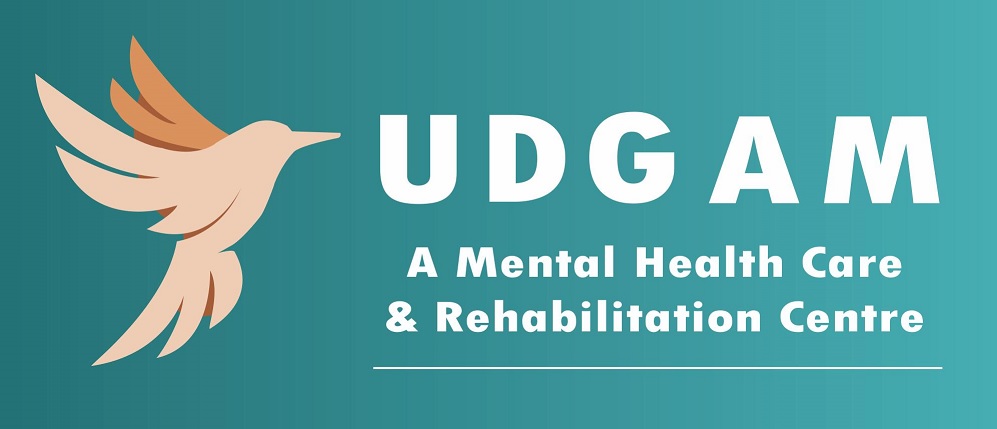
A Glimpse of ADHD in Adults
Attention deficit hyperactivity disorder (ADHD) is one such disorder that has been seen in adulthood in 10% to 60% of the cases. ADHD influences people's demeanor, they appear agitated and lack focus.
If a child receives an early diagnosis and adheres to their treatment. They can significantly improve their chances of reducing the dysfunctionality in their adult life due to that disorder. For example, a child receiving therapy for Autism Spectrum disorder will be better able to manage their symptoms as they grow older. And can live independently as well.
But due to a lack of awareness, denial, or lack of support, a lot of individuals do not get diagnosed till they reach adulthood or even later. This leads to a lot of problems and self-blame. And over time it becomes difficult to manage activities of daily living.
Attention Deficit Hyperactivity Disorder (ADHD)
Attention deficit hyperactivity disorder (ADHD) is one such disorder that has been seen in adulthood in 10% to 60% of the cases. ADHD influences people's demeanor, they appear agitated and lack focus.
Inattention and disorganization refer to not being able to remain focused on a task. And not listening to others, and failing to do activities, at levels that are consistent with age or developmental level. Hyperactivity-impulsivity refers to restlessness, fidgeting, inability to stay seated, intruding into other people's activities, and inability to wait—symptoms that are excessive for age or developmental level.
In some cases, ADHD is not detected in a child and is seen later on as an adult. Signs and symptoms of ADHD may get better with age, but a lot of adults continue to experience these symptoms. And gain additional problems like sleep and anxiety disorders.
DSM5 Criteria for ADHD for Adults
- Inattention: 5 or more symptoms must be present for at least 6 months,
- Not paying close attention to each element and making careless mistakes in tasks/ work.
- Find it difficult to pay attention consistently on a task
- Seems not to listen to someone even if spoken directly
- Finds it difficult to follow instructions and finish work without getting sidetracked or distracted.
- Finds it difficult to organize or prioritize activities
- Does not like to perform tasks that require prolonged effort/concentration. Might even avoid doing such tasks
- Loses personal items, even necessary items required to complete a task
- Gets distracted quickly
- Is Forgetful even when performing daily tasks
- Hyperactivity and Impulsivity: 5 or more symptoms must be present for at least 6 months, not corresponding to their age level
- Fidgets squirm constantly moving.
- Cannot sit still, even when needed to.
- Might run or get distracted in situations when it is not appropriate to do so.
- Unable to stay or function quietly
- "acts as if driven by motor" i.e, the person is constantly on the move
- Talks a lot/ excessively, even when not required
- is in a rush to give answers or opinions, without waiting for others to finish.
- Have a problem waiting for their turn
- Interrupts or disturbs others
While diagnosing a few other points should be considered, like if these symptoms were present before the age of 12. These symptoms must be shown in two or more situations (like work, college, house, vacations, etc.). And with different people. The symptoms can cause problems in daily living or interfere with jobs/ education. And these symptoms should not be explained by other disorders (mood, anxiety, or personality disorders).
ADHD Can Show Up As
- Inattentive type: if more symptoms of inattention were present in the last 6 months.
- Hyperactive-Impulsive Type: if more of Hyperactive-Impulsive symptoms were present in the last 6 months.
- Combined type: if enough symptoms of inattention and Hyperactive-Impulsive were present in the last 6 months.
Adults with ADHD are Likely to Face Problems in
- Unable to maintain or sustain relationships
- Forgetful lose things easily
- Unstable in the job; poor performance or changing jobs
- Gets angry/annoyed easily
- Have mood swings
- Is very stressed, unable to meet job/task requirements
- Has had a poor academic history
- Finds it difficult to manage daily activities. Like doing chores in the house or paying bills or keeping things organized
- Multitasking is very hard
- Find it difficult to manage their time
- Extreme restlessness (can be less in older adults)
A lot of ADHD symptoms can be similar to that of other disorders, like anxiety or depression. This can make it difficult to diagnose. A diagnosis can be made using childhood history, clinical interviews, and standardized assessments. The usual treatments contain a combination of psychoeducation, medicine, and psychotherapy. These treatments manage the symptoms but do not completely cure them. For years one can be without symptoms. But that can also depend on a person's dedication to managing symptoms.
So ensure that you take your time and decide the best course of action for your future. At Udgam we encourage our clients to take up personalized treatment plans and adhere to them. Our team of multiple specialists, also adds to the effectiveness of the treatment. Stay tuned for more information.

